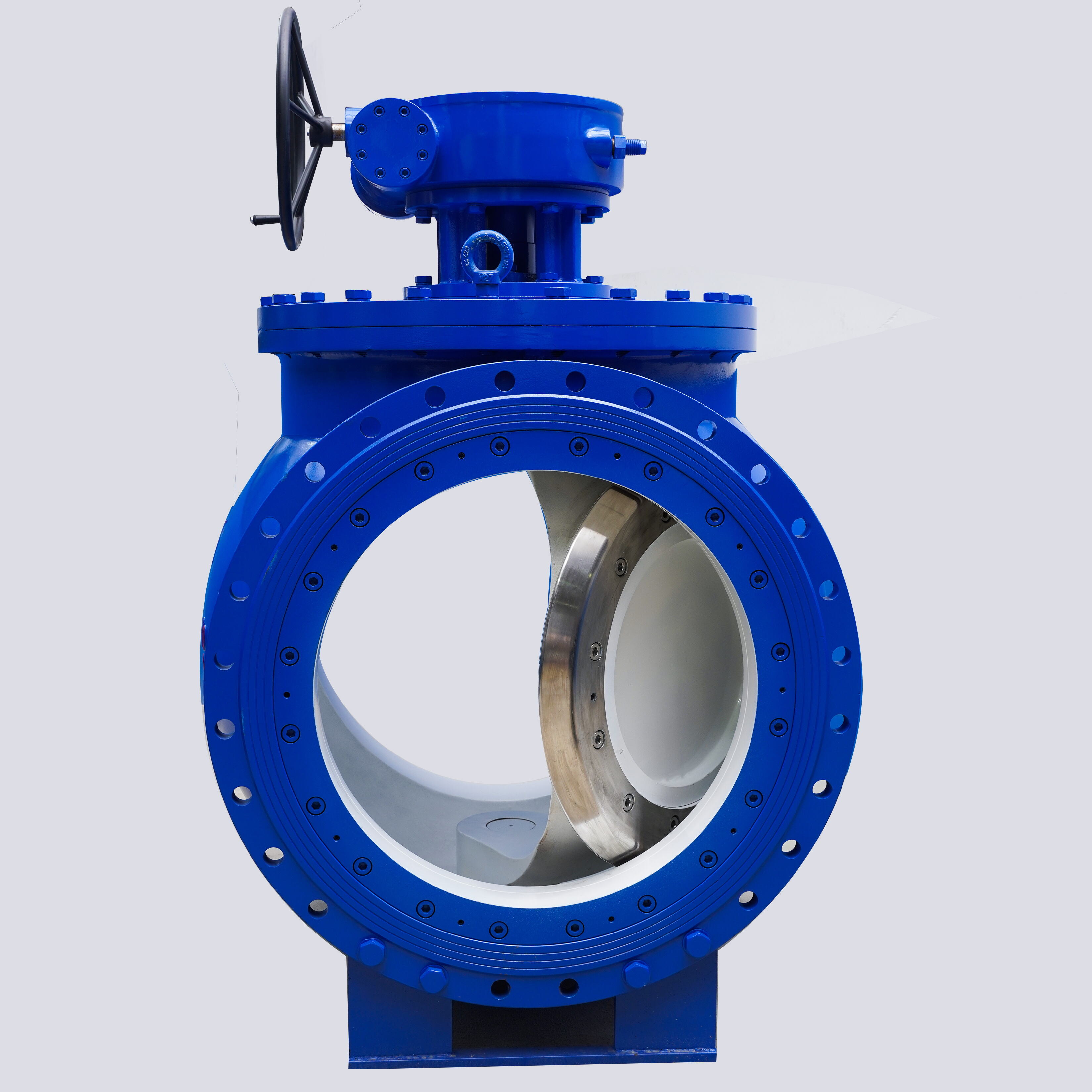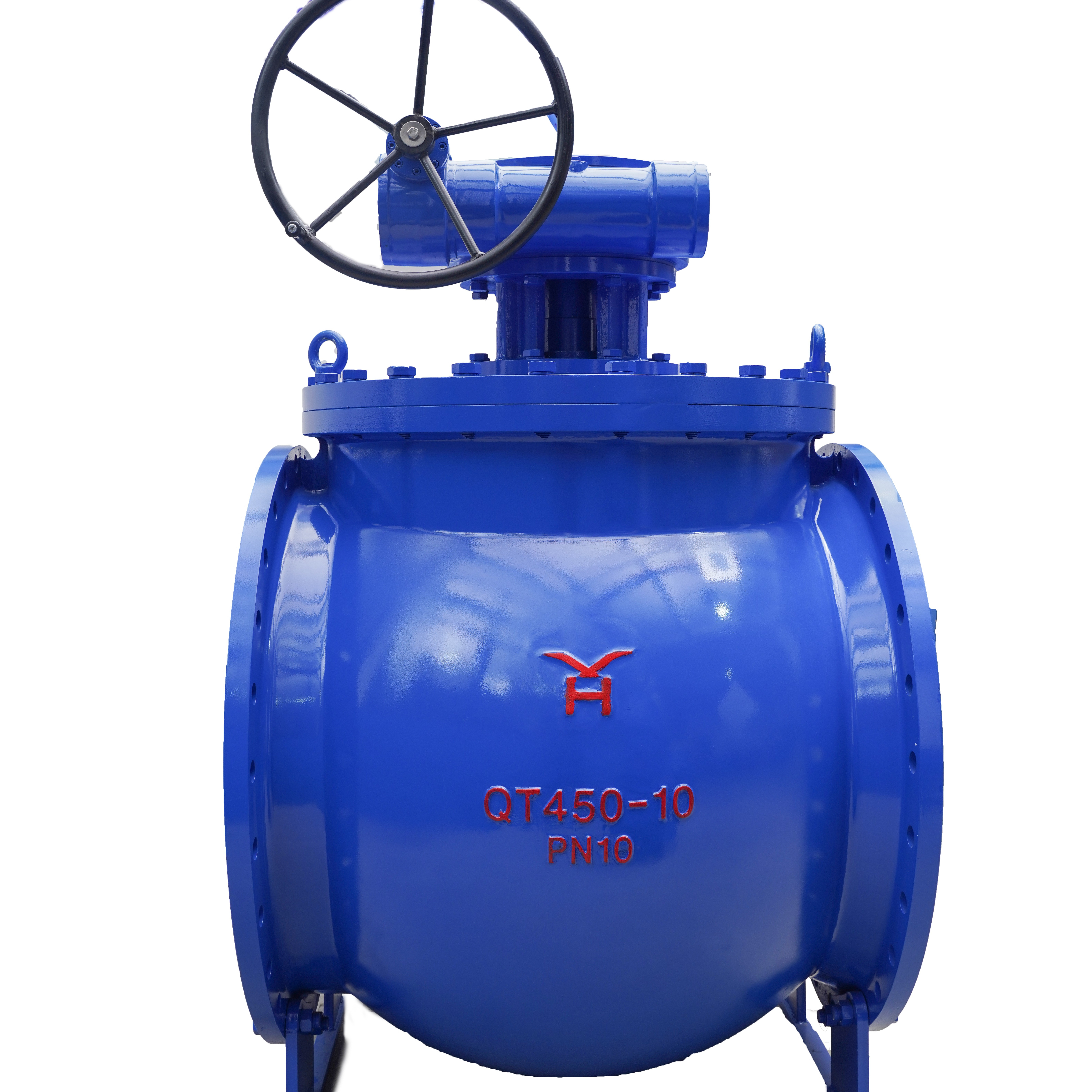Understanding Water Filtration in Modern Plumbing
Clean, safe water is fundamental to our daily lives, and water filters play a crucial role in ensuring the water flowing through our plumbing systems meets the highest quality standards. From removing sediment and chemicals to eliminating harmful microorganisms, modern filtration systems serve as guardians of our water supply, protecting both our health and our plumbing infrastructure.
As our understanding of water contamination grows, so does the importance of implementing effective filtration solutions. Whether in residential homes or commercial buildings, water filters work tirelessly to deliver pure, clean water while simultaneously protecting pipes and fixtures from potential damage caused by unfiltered water.

Types of Water Filtration Systems
Mechanical Filtration Systems
Mechanical filtration represents the first line of defense in water purification. These systems use physical barriers, typically made of specialized mesh or fiber materials, to trap and remove particles from water. The process effectively eliminates sediment, debris, and larger contaminants that could otherwise accumulate in pipes or damage plumbing fixtures.
Modern mechanical water filters come in various sizes and configurations, with some capable of filtering particles as small as 0.5 microns. This level of filtration ensures the removal of not just visible particles but also microscopic contaminants that could affect water quality and taste.
Chemical Filtration Methods
Chemical filtration takes water purification a step further by addressing dissolved contaminants that mechanical filters cannot capture. Activated carbon filters, one of the most common types of chemical filtration, excel at removing chlorine, volatile organic compounds (VOCs), and other chemicals that affect water taste and odor.
These sophisticated water filters utilize activated carbon's enormous surface area and chemical properties to attract and trap contaminants through a process called adsorption. This results in significantly improved water quality and a better overall user experience.
Benefits of Installing Water Filters
Health and Safety Advantages
The primary benefit of installing water filters in plumbing systems is the enhanced protection of human health. Modern filtration systems effectively remove harmful contaminants such as lead, mercury, and other heavy metals that can pose serious health risks. Additionally, high-quality water filters can eliminate waterborne pathogens, including bacteria, viruses, and parasites.
By providing an extra layer of protection beyond municipal water treatment, these systems ensure that the water reaching your taps is as clean and safe as possible. This is particularly important for households with young children, elderly residents, or individuals with compromised immune systems.
Extended Plumbing System Lifespan
Water filters do more than just improve water quality for consumption – they also protect your plumbing infrastructure. By removing sediment and mineral deposits, filtration systems help prevent scale buildup in pipes, water heaters, and appliances. This protection translates to reduced maintenance costs and extended equipment lifespans.
The investment in quality water filters often pays for itself through decreased repair needs and improved efficiency of water-using appliances. Clean, filtered water helps maintain optimal flow rates and prevents premature wear on plumbing fixtures.
Installation and Maintenance Considerations
Professional Installation Requirements
While some basic water filters can be installed as DIY projects, whole-house filtration systems typically require professional installation. A qualified plumber can ensure proper integration with your existing plumbing system, optimal placement for maximum effectiveness, and compliance with local building codes.
Professional installation also includes proper sizing of the system based on your household's water usage patterns and specific filtration needs. This expertise helps avoid common issues such as pressure drops or insufficient filtration capacity.
Regular Maintenance Protocols
To maintain optimal performance, water filters require regular maintenance and periodic component replacement. Filter cartridges need to be changed according to manufacturer specifications, usually every few months to a year, depending on water quality and usage volume.
Establishing a maintenance schedule ensures consistent water quality and prevents the buildup of trapped contaminants that could eventually compromise system performance. Regular monitoring of water pressure and quality can help identify when maintenance is needed.
Choosing the Right Filtration Solution
Water Quality Assessment
Selecting the appropriate water filters begins with understanding your specific water quality challenges. Professional water testing can identify contaminants present in your water supply, helping determine the type of filtration needed. This analysis ensures your investment targets the actual issues affecting your water quality.
Different regions face varying water quality challenges, from high mineral content to specific chemical contaminations. A thorough assessment helps create a customized filtration solution that addresses your unique situation.
System Capacity Planning
The size and capacity of your filtration system should align with your household's water usage patterns. Factors such as the number of occupants, daily water consumption, and peak usage times all influence the selection of appropriate water filters. Oversized or undersized systems can lead to inefficiency or inadequate filtration.
Consider future needs when planning your filtration system, as upgrading or modifying the system later can be more costly than installing the right capacity initially.
Frequently Asked Questions
How often should water filters be replaced?
The replacement frequency depends on your specific filter type and water usage. Generally, mechanical filters should be replaced every 3-6 months, while carbon filters might last 6-12 months. However, homes with higher sediment levels or water usage may require more frequent replacements.
Can water filters reduce water pressure?
While any filtration system will create some resistance to water flow, properly sized and maintained water filters should not significantly impact water pressure. If you notice a substantial pressure drop, it might indicate that your filters need replacement or that the system isn't correctly sized for your needs.
Are whole-house water filters worth the investment?
Whole-house water filters typically provide excellent value by protecting your entire plumbing system, extending the life of appliances, and ensuring clean water from every tap. While the initial investment may be significant, the long-term benefits in terms of reduced maintenance costs and improved water quality usually justify the expense.

